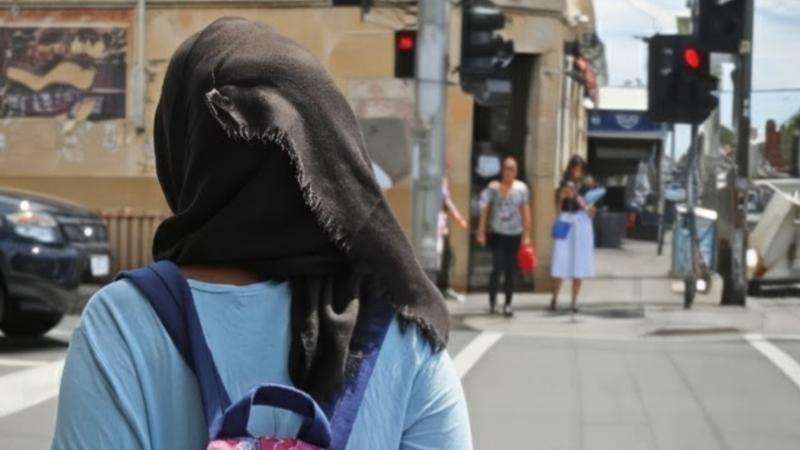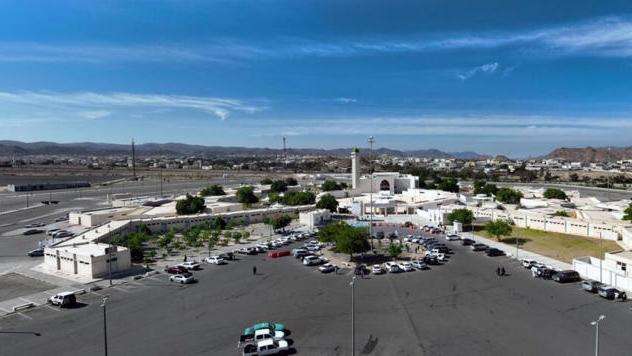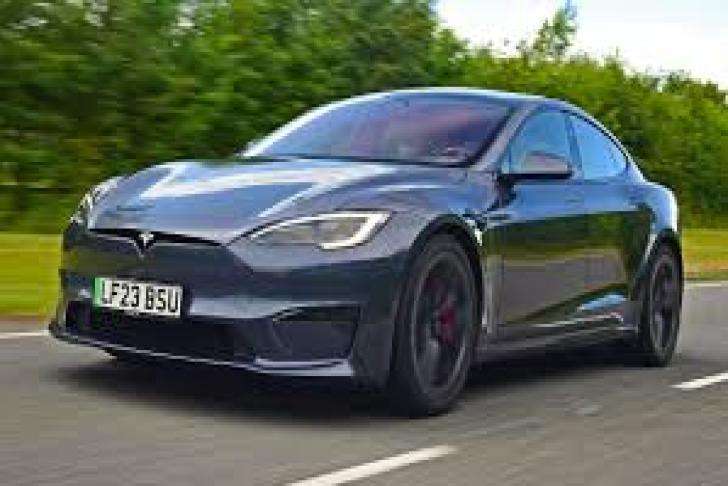The Chinese-owned, Warren Buffett-backed automaker that has Elon Musk in a bind is now the biggest automobile manufacturer in the world.
The automaker that Musk previously made fun of, BYD, surpassed Tesla as the world's best seller of electric cars at the end of last year (Tesla surpassed it in the first quarter of this year, but they're neck and neck). With the introduction of a new hybrid powertrain that BYD claims can go from New York to Miami without the need for recharging, it is now challenging Toyota for market share.
That is more than 300 miles above the typical range of comparable hybrid vehicles on the market—1,300 miles in one trip. The Wall Street Journal reports that leading international hybrid automakers' ranges usually peak at somewhat more than 680 miles.
BYD’s Hong Kong shares shot up more than 5% on Wednesday.
There are a few reasons why all of that matters.
One: Tesla is America’s best-selling EV, but it’s losing market share overseas to foreign competitors that can make their cars cheaper. And while Tesla is an EV pioneer, it hasn’t rolled out any significant innovations in recent years that would help justify its loftier price point.
That’s why BYD — which makes both EVs and hybrids — is now eating Tesla’s lunch on the global stage.
China is the world’s biggest auto market, and BYD is its top seller, surpassing Volkswagen last year.
On top of all that, BYD’s sedans are cheap. The two models that will boast the new drivetrain start at around $14,000. (For comparison, the best-selling hybrid in the US, the Toyota Prius, starts at $28,000.)
BYD’s evolution from a small producer of clunkers to a global powerhouse brand has surprised its skeptics, including Musk, who roundly dismissed BYD in a 2011 Bloomberg interview.
In that exchange, Musk responds to an honest question about BYD rivaling Tesla with a smug laugh.
“Have you seen their car?” he asks the interviewer rhetorically. When the reporter presses him, he clarifies that he thinks BYD’s product is not “particularly attractive” and that the technology is “not very strong.”
Of course, a lot happened in the decade that followed, and Musk ate his words this January, saying on an earnings call that he believes Chinese EV makers could “pretty much demolish most other car companies in the world” unless stronger trade barriers are put in place. (They were two weeks ago.)
Meanwhile, BYD has another edge that Tesla lacks: It makes hybrids.
Hybrid cars like the Prius were supposed to be the short-lived stepping stone to our all-electric future. But in the United States, at least, EV sales are flagging in part because the nation’s roads lack the infrastructure to support them.
EV ranges have come a long way — most get more than 300 miles of range per charge, which is more than most people would drive before stopping even in a traditional car. Problem is, we don’t have enough charging stations along the roads or within cities to make customers comfortable with the idea.
The top reason US customers won’t consider an EV — cited by 52% of consumers in a recent JD Power survey — is lack of charging station availability.
Instead, we’re buying more hybrids, which are largely cheaper than EVs, reduce the cost of fuel over the long term and are ever so slightly better for the environment than regular engines. (Emphasis on slightly… Hybrids still run on fossil fuels, they’re not doing much to help the world meet its climate goals the way mass adoption of EVs would.)
For now, Tesla and other US carmakers are being thoroughly shielded from Chinese competition via strict tariffs and major regulatory hurdles. But it’s not clear how long those protections will hold if American consumers begin demanding the cheaper options available overseas.



_7.jpg)




.svg)

